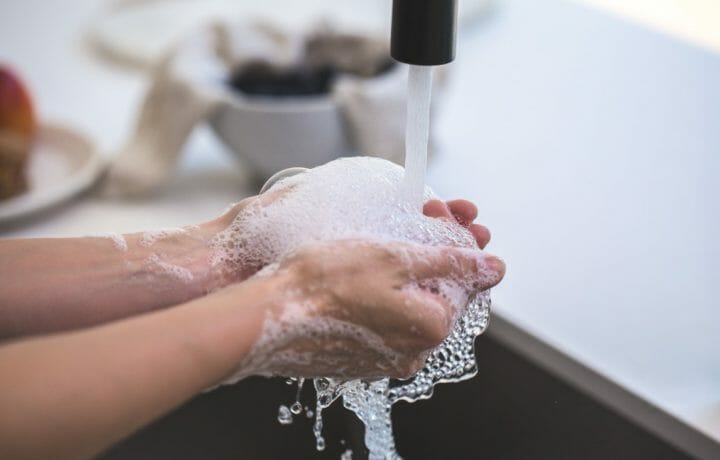A class action lawsuit was filed last week in the United States District Court, Northern District of Ohio against GoJo Industries, doing business as Purell, alleging false advertising, marketing and labeling of their products. The suit was brought in Federal court because the amount involved and the residences of the various plaintiffs were in multiple states. The plaintiffs used several state consumer protection laws and the Food and Drug Administration (FDA) as their source of authority.
The false advertising claims were based on Purell’s marketing of their sanitizing gels and foams. On the product itself represented on the labels, including without limitation “2X Sanitizing Strength”, “Advanced Hand Sanitizer” and “Kills 99.99% of Illness Causing Germs”. Other representations made by the company on their website include “kills more than 99.99% of most common germs that may cause illness in a healthcare setting, including MRSA & VRE”.
This lawsuit did not come out of left field. On January 17 of this year the Food and Drug Administration sent the company a warning letter stating Purell was making claims that only someone that is classified as a FDA approved Over the Counter (OTC) product could make and since they weren’t they needed to quit advertising as such. The letter stated in part:
Therefore, as formulated and labeled, the PURELL® Healthcare Advanced Hand Sanitizer products are not covered under any OTC monograph or ongoing rulemaking that sets forth conditions for general recognition of safety and effectiveness for such uses. Moreover, no product intended to prevent disease or infection from specific pathogens, such as MRSA, VRE, norovirus, flu, and Candida auris; intended to prevent the spread infections; or intended to reduce illness or disease-related student and teacher absenteeism, is being considered under FDA’s OTC Drug Review. Furthermore, we are not aware of evidence demonstrating that the PURELL® Healthcare Advanced Hand Sanitizer products as formulated and labeled are generally recognized by qualified experts as safe and effective for use under the conditions suggested, recommended, or prescribed in their labeling.
The plaintiffs in this suit use the FDA logic that there is no documented scientific evidence that supports Purell’s claims. They further state that the class relied on those representations to buy the product and would not have had they known there was no scientific basis to the marketing lines. As a result, Purell was “unjustly enriched” – a legal theory based on contractual principles.
Over time, it will be compelling to see how this suit plays out. While it would be almost impossible to show definitively that lack of protection of this sanitizer led to the flu, COVID19, or other illness, the COVID19 pandemic could drive the resolution of this case in a couple of different ways. The behavior of jurors, who had most probably had their liberty restrained within recent months due to COVID19, could be examining a company that is one of few experiencing an economic windfall during a pandemic. This may be powerful enough to force an early settlement by the defendant company, much less conspicuous than a public trial. Normally class actions can take years. If this case is prolonged, the “rear view mirror” effect could lessen the impact of the health crisis on the final verdict or settlement. In either case, the second and third order effects of COVID19 are already manifesting themselves in our legal system.




